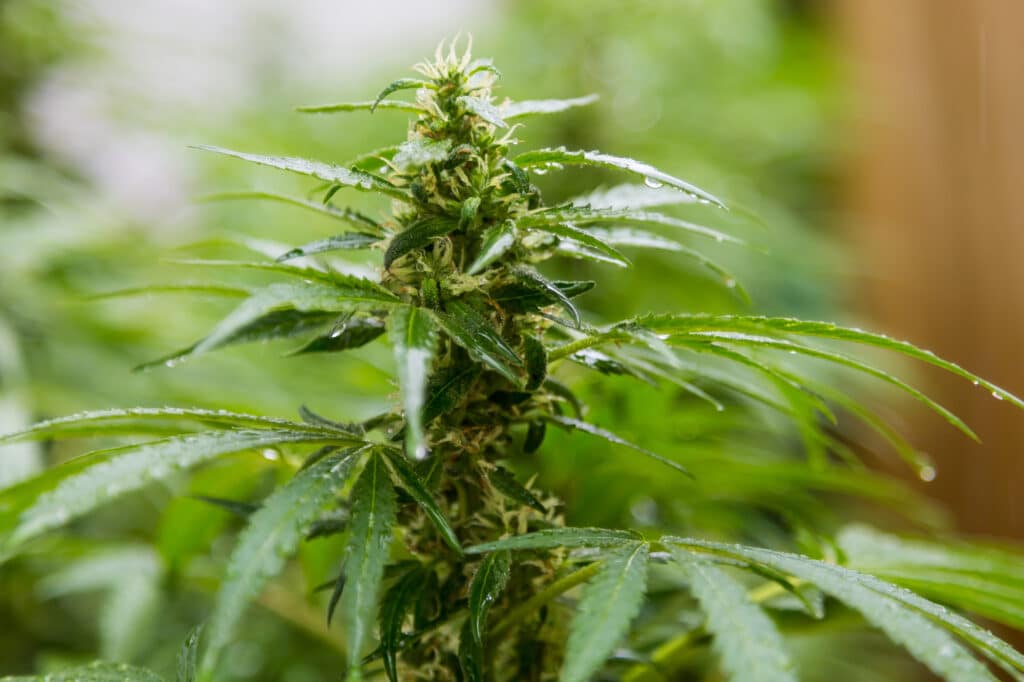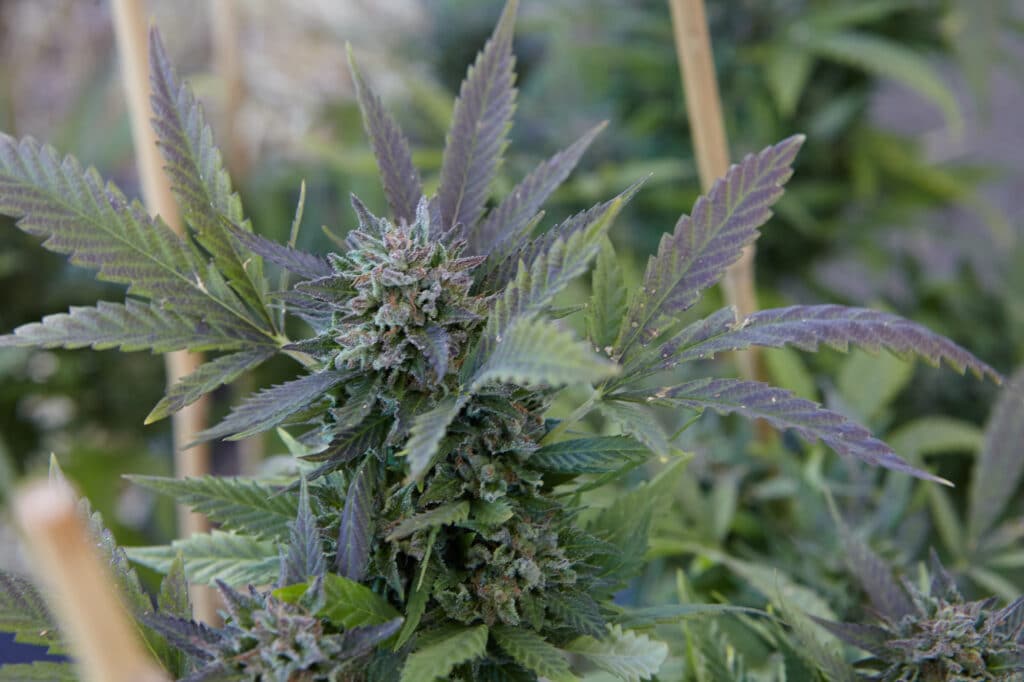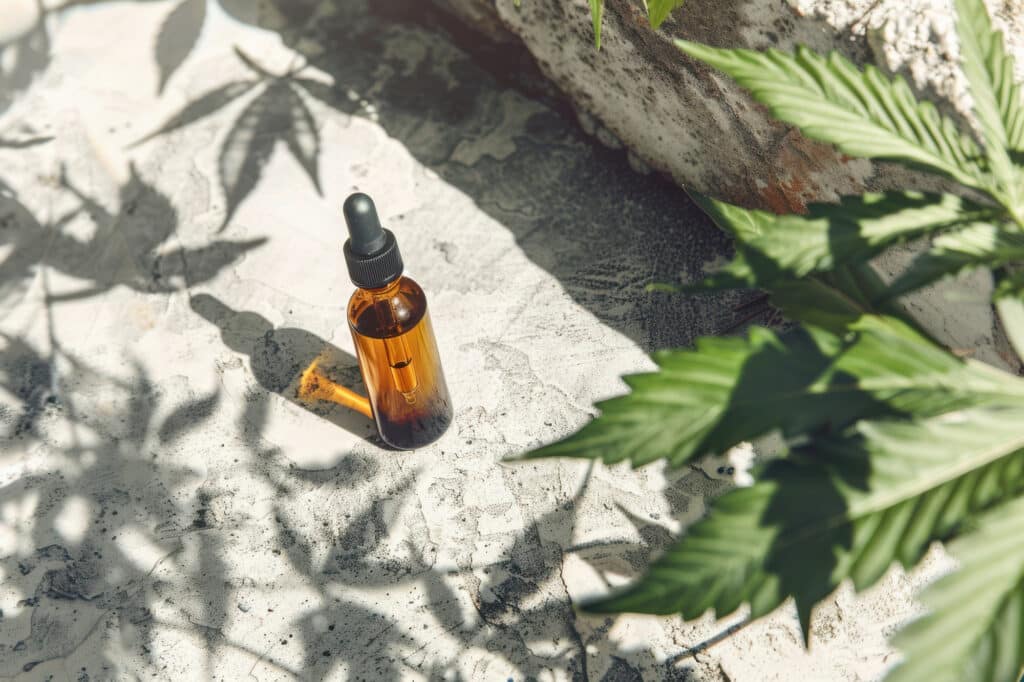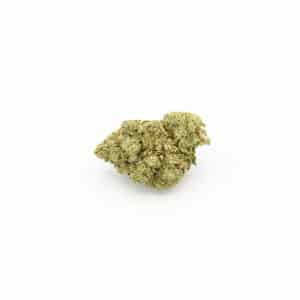Cannabis and pregnancy: What you need to know about the risks and effects
In a context of increased legalization of cannabis for recreational and therapeutic purposes in many regions of the world, the issue of cannabis use during pregnancy is raising serious concerns. While some pregnant women say they use cannabis to manage symptoms such as morning sickness or stress, experts warn of potential risks to the mother and fetus. In this article, we will explore the reasons why some women turn to cannabis during pregnancy, the associated risks for mother and child, and frequently asked questions around this delicate subject.
Why do some women use cannabis during pregnancy?
Pregnancy is a period that can be accompanied by many discomforts: nausea, vomiting, pain, anxiety and insomnia are all symptoms that some women seek to alleviate. Cannabis is sometimes seen as a natural alternative to medications, which may push some expectant mothers to use it. Here are the main reasons:
- Management of morning sickness : Cannabis, particularly due to its THC content, is known to reduce nausea. However, although some cannabinoid medications are used in oncology to manage nausea due to chemotherapy, there are no studies proving the effectiveness or safety of cannabis for relieving nausea during pregnancy.
- Pain relief : Some women use cannabis to manage chronic pain or specific pain related to pregnancy . In some cases, it is seen as a less risky alternative to opiates. However, it is important to note that THC, the psychoactive component of cannabis, crosses the placenta and could affect fetal development.
- Reduction of anxiety and insomnia : pregnancy can cause hormonal changes that promote anxiety and sleep disorders. The relaxing properties of cannabis, in particular those of varieties rich in CBD, may seem attractive to mitigate these symptoms, although the lack of specific studies on pregnancy raises many reserves.
Methods of use and their potential risks
Some women choose to consume cannabis in forms other than tobacco, such as vaporization, edibles or tinctures, to minimize the effects of combustion-related toxins. However, even without smoking, THC and other cannabinoids enter the mother's bloodstream and reach the fetus through the placenta.
Cannabinoids , especially THC , can interfere with fetal nutrition and oxygenation, and some experts point to possible adverse effects on neurodevelopment. Although CBD is considered less risky than THC, research on the impact of this non-psychoactive cannabinoid during pregnancy is limited and doctors remain cautious about its safety.
Risks of cannabis use for mother and child
- For the mother : Cannabis use may increase the risk of anemia in pregnant women. A 2015 study published in the British Medical Journal found that women who used cannabis before or during pregnancy were more likely to suffer from anemia. Additionally, THC can cause side effects such as dizziness, lowered blood pressure, and increased heart rate, which may pose health risks to the mother.
- For the fetus : Studies show that babies exposed to THC in utero could have developmental abnormalities. This is because THC crosses the placenta, exposing the fetus to a concentration of cannabinoids that could affect growth and brain development. Some research has observed lower birth weight, abnormal reflexes and an increased tendency to prematurity in babies born to mothers who used cannabis during pregnancy.
- Long-term neurological effects : Follow-up studies have shown that children exposed to cannabis before birth may develop cognitive and behavioral disorders, such as attention difficulties, hyperactivity, and lower academic performance. Although these effects vary from child to child, scientific consensus recommends avoiding all exposure to cannabis during pregnancy.
After birth: Cannabis and breastfeeding
Some mothers choose to use cannabis after the birth of their baby, sometimes even while breastfeeding, thinking that it will not have a significant impact. However, THC is soluble in fat and passes easily into breast milk, thus exposing the infant to cannabinoids. A 2018 study found that breast milk samples from women who used cannabis contained THC several hours after consumption.
Although the exact effects on infants remain unclear, experts recommend caution. An infant's brain is still growing and developing, and early exposure to THC could affect cognitive functions and long-term psychomotor development.
What about CBD during pregnancy?
Many women turn to CBD, a non-psychoactive cannabinoid, for its anti-anxiety and anti-nausea properties. Although CBD is often perceived as less risky, there is a lack of studies to assess its potential impact on fetal development. Some preliminary research suggests that CBD may reduce uterine contractions, but this requires more evidence to confirm. Until more studies are conducted, doctors remain cautious about the safety of CBD during pregnancy.
FAQs About Cannabis and Pregnancy
- Is it common for women to use cannabis during pregnancy?
Yes, estimates vary between 3% and 30% of pregnant women using cannabis. The exact percentage is difficult to establish, because many women are reluctant to admit their use, especially in countries where cannabis remains illegal. - What are the benefits of cannabis during pregnancy?
Some women say cannabis helps relieve nausea, anxiety, pain and sleep disorders. However, studies show that the risks for the fetus can prevail over potential benefits, which makes cannabis consumption controversial during this period. - Is cannabis use during pregnancy dangerous?
Potential risks include complications for the mother, such as anemia, and developmental problems for the fetus, such as prematurity and long-term attention problems. - What alternatives to cannabis for pregnant women?
Pregnant women are advised to consult their doctor for safe alternatives to manage unpleasant pregnancy symptoms. Appropriate treatments and medical supervision are the best options for the safety of mother and child.
Conclusion
Although cannabis is considered a natural solution by many people, its use during pregnancy poses potential risks to both mother and child. The lack of sufficient research on the subject, particularly when it comes to CBD, has experts urging caution. For pregnant or breastfeeding women considering the use of cannabis, it is recommended to consult a healthcare professional to find safe alternatives.












